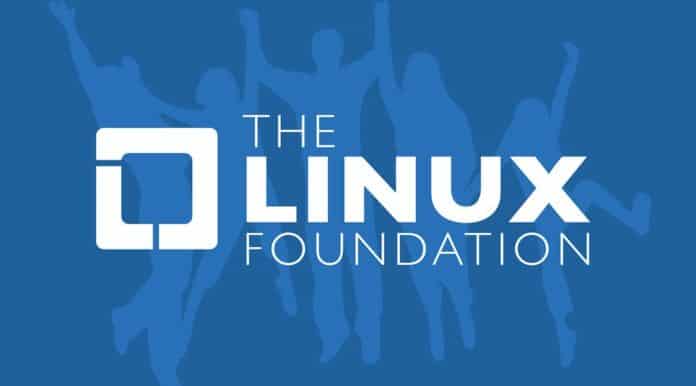Three analytical tools for supporting climate action were last week made available for public collaboration by the non-profit OS-Climate, which is run by the Linux Foundation. It provides open source data and software tools to promote the transition to climate-aligned finance and investing. The OS-Climate members worked together to develop the three tools, which are Physical Risk & Resilience, Portfolio Alignment, and Transition Analysis, under the leadership of BNP Paribas, Allianz, and Airbus, respectively.
The OS-Climate Data Commons, which will serve as a public utility of corporate and other climate data, will be used by the tools. The data commons, which was introduced at COP26 last year, aims to meet the financial sector’s urgent demand for transparent, consistent, and interoperable climate-relevant data. The Physical Risk & Resilience Tool enables financial and non-financial stakeholders to identify and quantify risk associated to climate resilience using asset vulnerability models that try to estimate the frequency and severity of extreme climatic events.
The Climate Portfolio Alignment Tool assists financial stakeholders in aligning portfolios with the Paris Agreement aim of reducing global temperature rise to 1.5°C at the level of individual holdings and loans. Finally, businesses will be able to model, test, and undertake scenario analysis for climate-aligned strategic decisions thanks to the Transition Analysis Tool. Through investments in R&D, capital projects, supply chains, and other infrastructure that are climate-aligned, this is meant to hasten the real economy’s shift towards net zero and higher resilience.
Amazon, BNY Mellon, EY, Federated Hermes, Goldman Sachs, the London Stock Exchange Group, Microsoft, the UN-convened Net-Zero Asset Owner Alliance (with $10.6 trillion in assets under management), Ortec Finance, Red Hat, and S&P Global are among the companies that make up OS-financial Climate’s services, technology, financial data, and “real economy” corporate members.












































































